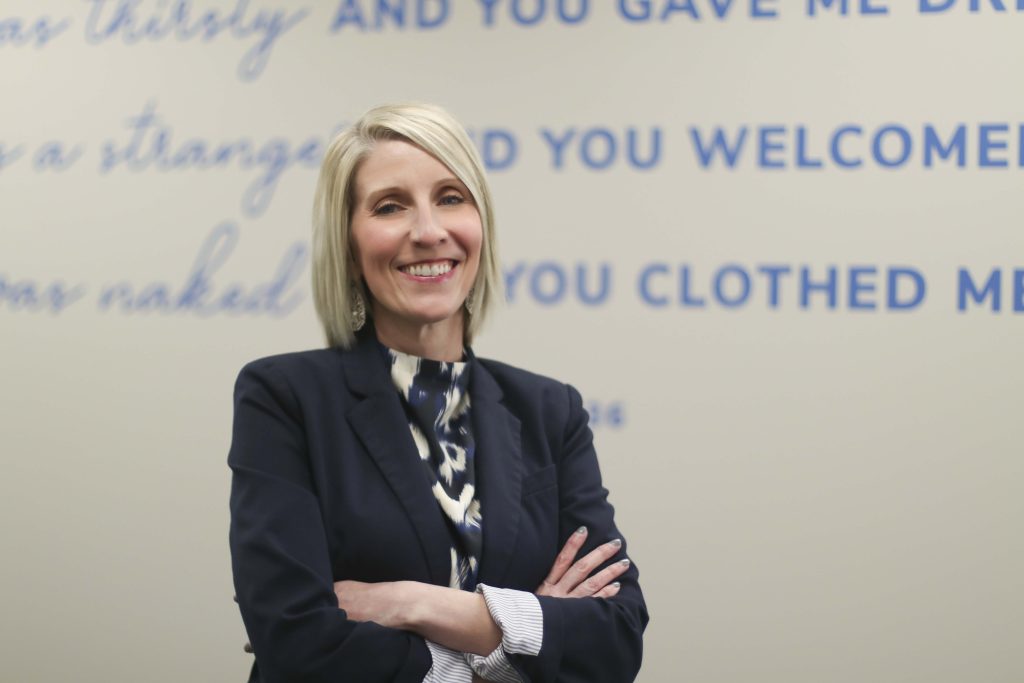
by Lauren Solidum
The strong job market isn’t benefiting all Americans,” according to an article by McKinsey & Company. It illustrates a point that is incredibly necessary to understand as we navigate the modern world.
Many Americans face persistent barriers to finding a job, even as employers are struggling to fill open positions in the most worker-friendly U.S. labor market in half a century. This apparent contradiction between official reports of a glut of job openings and the belief of many job seekers that there are limited jobs available is one of the key insights of McKinsey’s “American Opportunity Survey,” which explores Americans’ perceptions of the current and future state of the U.S. economy — and their place within it.
While news reports often focus exclusively on the surplus of jobs available, many survey respondents say that they are facing a shortage of jobs that are a fit in terms of geography, skills and nonwage considerations like flexibility. There are currently 1.9 open positions for every unemployed American, yet there are 424,000 “discouraged workers,” a subset of workers who are not in the labor force as of July 2022.
Skills mismatch as a root cause of poverty was the second most cited barrier in the survey. A lack of experience, relevant skills, credentials and/or education is keeping respondents from being hired. This is particularly true for women and people of color who are far less likely to have reported having pursued training, education or credentialing. These findings underscore the need for employers to increase their learning and training budgets and commit to tapping a pool of 106 million people who have built capabilities through experience, but whose abilities are often unrecognized because they do not have a two- or four-year degree.
Catholic Charities recognizes this as a major barrier for many who we serve. Our St. Rita program aims at reskilling, skilling-up and credentialing individuals, working in partnership with our local community colleges and universities.
We provide supportive services while individuals commit to their education and employment goals, including; transportation; child care; navigating the enrollment and financial aid applications; school supplies; safe housing; and food and clothing. Catholic Charities also enlists the help and guidance of case managers to walk the journey with each student.
When these everyday barriers are alleviated, individuals can begin to focus on the long-term solutions of education and employment to ultimately end poverty for themselves and their families for generations to come.
Using this collaborative model, Catholic Charities has a 95% student graduation success rate! Those engaged in the program have also increased their wage earnings on average from $10 an hour to $16-plus an hour and are now receiving health benefits from their employers.






